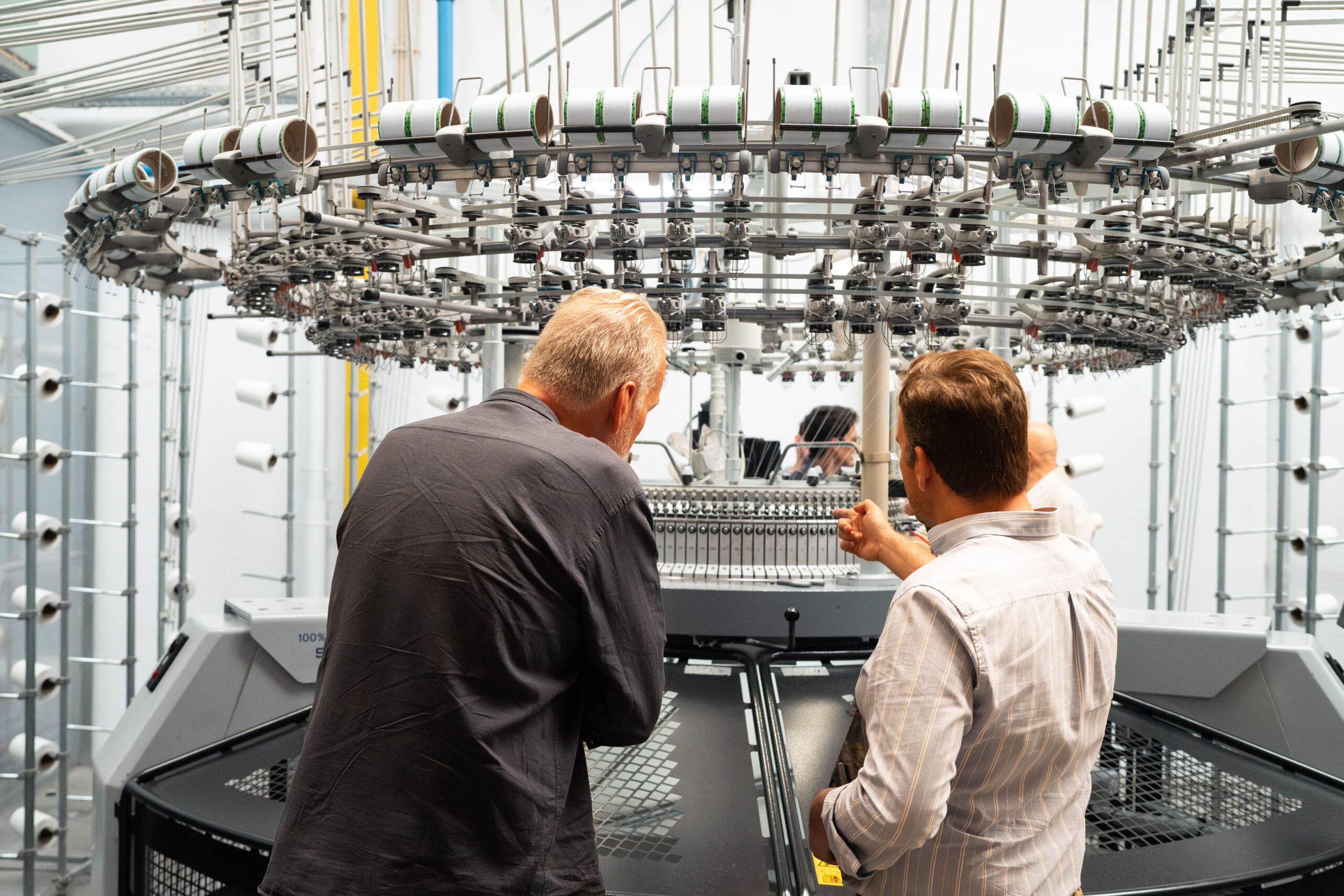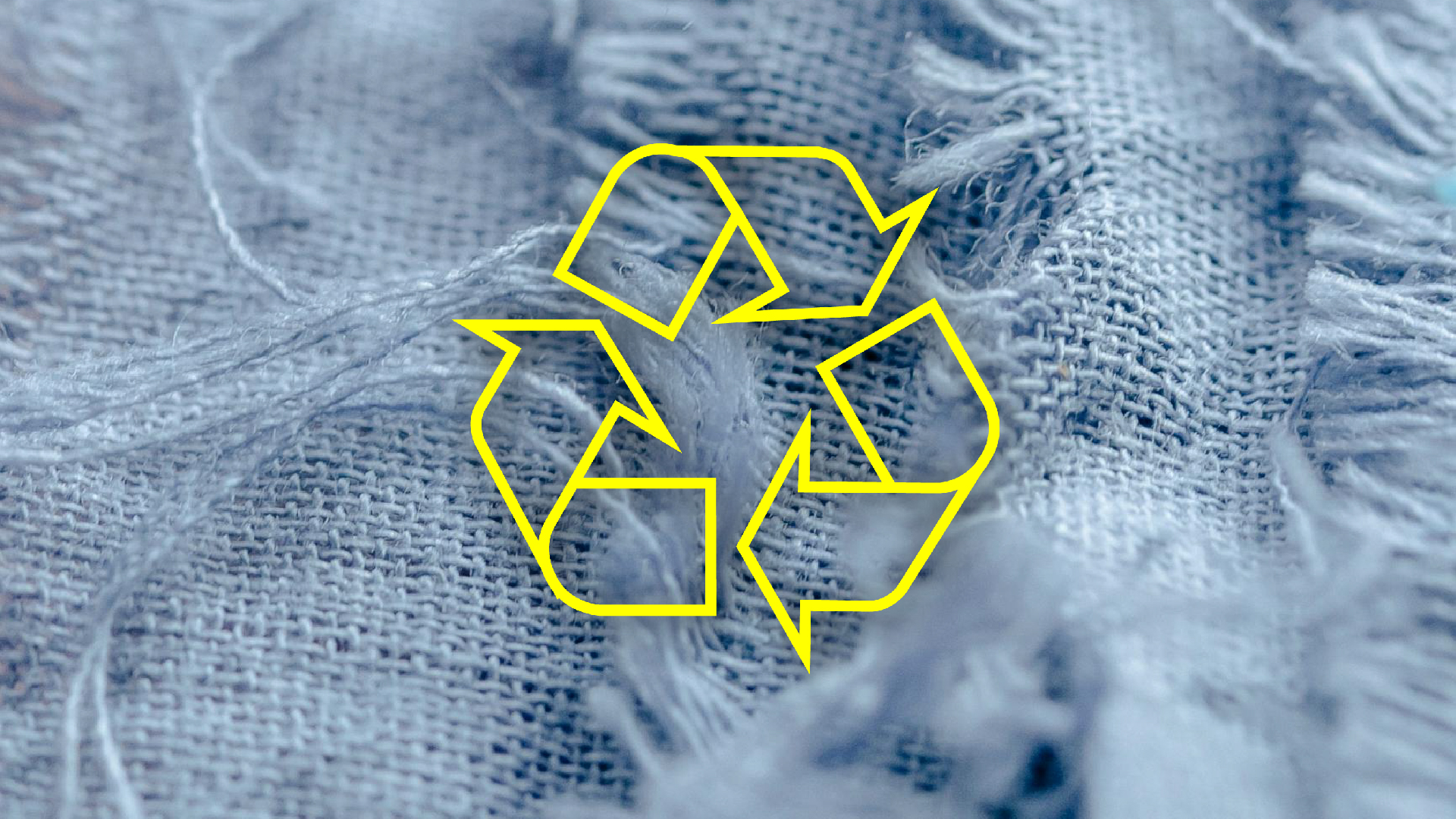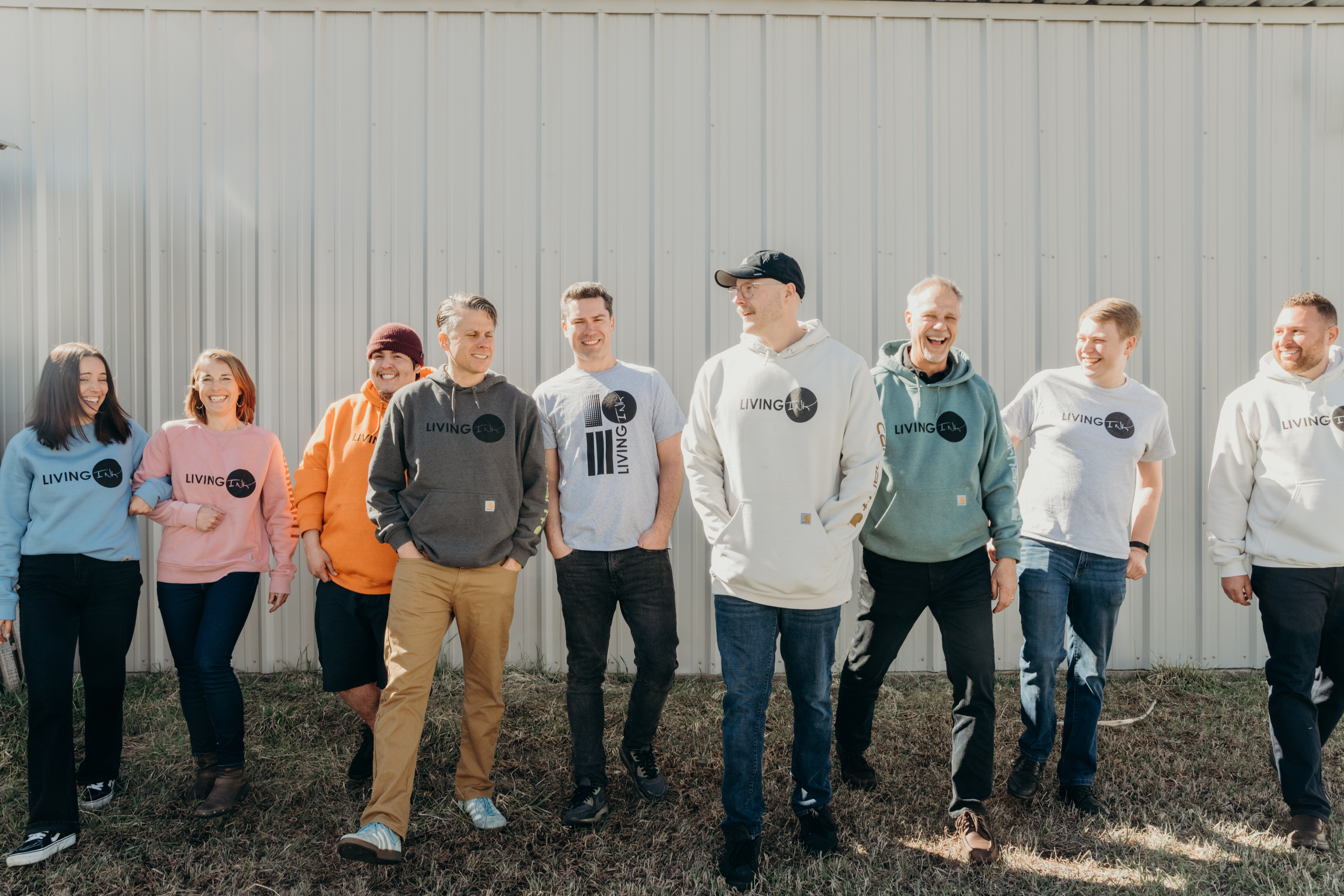In Conversation with Ambercycle: Introducing Molecular Regeneration Technology
Image by Ambercycle
8 May 2023
Can you tell us about Ambercycle, how it started, and what the organisation does?
Ambercycle’s journey began in 2015 when we, Shay Sethi and Moby Ahmed, college roommates, founded the company while studying at UC Davis. Our late-night discussions unveiled two crucial facts: over 70% of items end up incinerated or in landfills, and polyester dominates fashion, constituting 54% of all fibres used. This realisation, that so much effort results in wasteful disposal, felt fundamentally unsustainable. Drawing from our understanding of nutrient and water cycles in nature, we envisioned a circular ecosystem where synthetics and textiles could remain in the supply chain, reducing environmental impact. Ambercycle was born with a mission to revolutionise humanity’s relationship with materials.
Ambercycle’s vision is a world where all new materials come from existing above-ground goods, rather than extractive sources. The Ambercycle Molecular Regeneration technology aims to decarbonize high-growth industries like apparel, reducing the environmental impact of raw material extraction.
What problem is your innovation solving and how does the technology work?
Today, less than 1% of clothing undergoes recycling in a closed-loop system, leaving us stuck in a linear cycle of extracting raw materials from the earth, only to dispose of them in landfills or incinerators at the end of their life.
Our molecular regeneration technology has the ability to separate fibres from one another. Once separated at the molecular level, we can purify and recover the raw materials which can then reconstitute new yarns. We’re starting with a focus on polyester, which is the #1 used material in fashion.
This technology is the foundation on which a circular ecosystem can be built, as we can continue to regenerate all the different materials found in our closet. We believe that enabling ubiquitous change in the material make-up of the global closet takes extensive ecosystem development.
What have been the biggest successes so far?
We’ve come a long way from when we first started to play with the idea of circular materials. Our first significant milestone was in 2019, when we transformed garments discarded at the Rotterdam marathon into a brand new bike-jersey. It was the first time the concept of circularity took a real-world form for us. The second major milestone was the development of a demo production system that could process ~15,000 t-shirts worth of textile ‘waste’ daily.
Utilising this demo production facility, we’ve been able to scale up our production of circular polyester, branded as cycora®. We’ve partnered with incredible brands, both large and small, spanning various sectors from athletic to luxury to ready-to-wear. Among the brands we’ve collaborated with are Zara, GANNI, Saucony, Kozaburo, TOMBOGO, and more. Each partnership represents a significant milestone, showcasing the practical application of our circular solution in the real world.
What role does collaboration play in bringing innovations to scale?
Collaboration is key to our success. The journey towards circularity is a monumental task that connects people across a very fragmented value chain. It requires cooperation among designers, manufacturers, consumers, and innovators to rethink the way we produce, use, and dispose of clothing. By working together, we can revolutionise humanity’s relationship with materials.
How has Fashion for Good played a role in your journey so far?
Fashion for Good has been an instrumental partner for us as we’ve scaled our operations. Education is essential to ensure that technology is adopted appropriately and effectively. Fashion for Good has led great educational campaigns and developed platforms to educate people across the entire value chain.
What’s next for you?
We are at an inflection point to achieve scale and enable ubiquitous change in the material make up of the global closet. By 2026, we are set to open a full-scale commercial facility that can process the textile-waste equivalent of 250,000 T-shirts per day.
Other Articles

In conversation with Smartex: Explore Smartex’s AI-driven solutions transforming quality control and reducing waste

Fashion for Good and Textile Exchange Team Up to Trace Textile Waste

